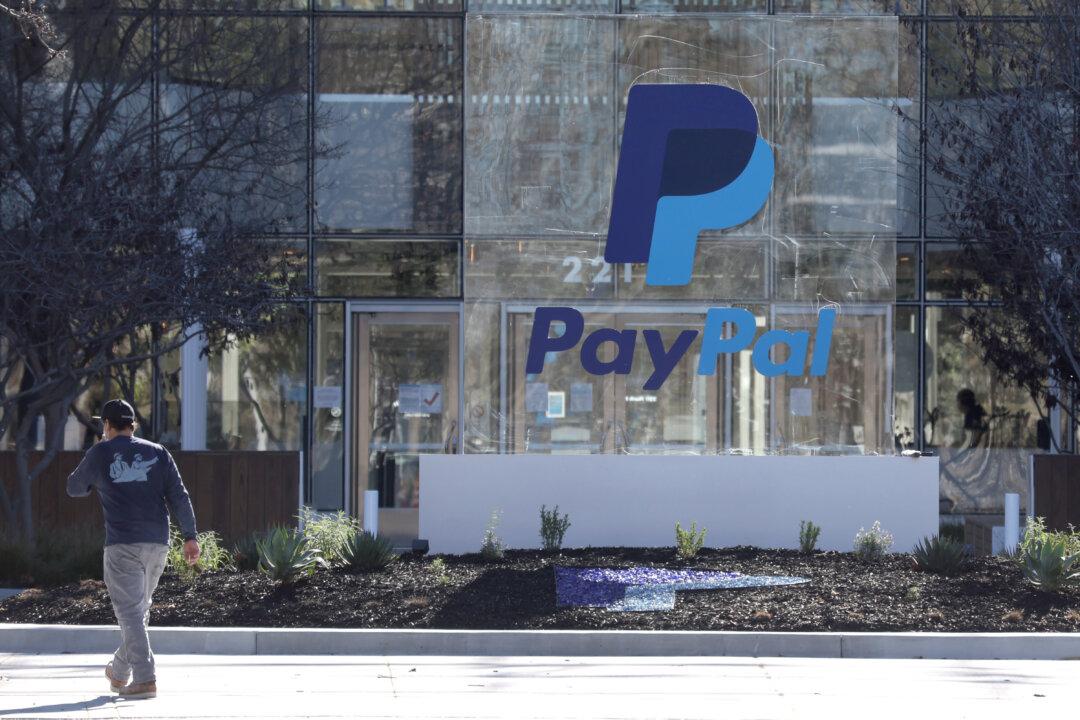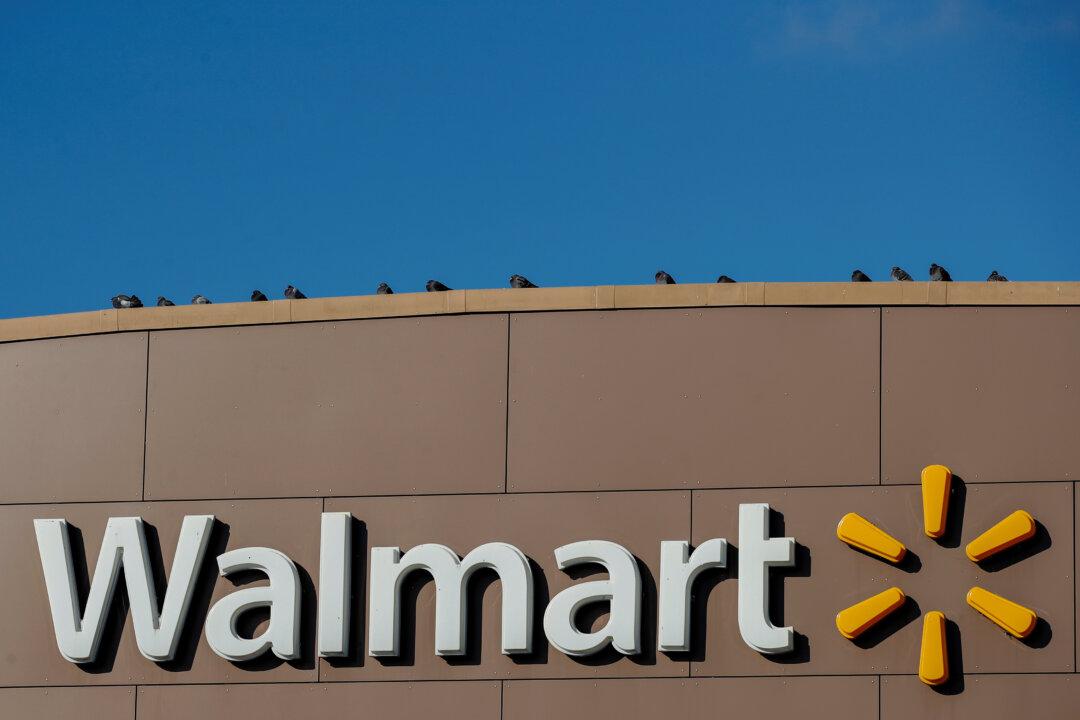The Consumer Financial Protection Bureau (CFPB) is warning consumers not to store money in nonbank, peer-to-peer payment apps such as Venmo, Paypal, and CashApp, because that money is not automatically insured by the government.
A growing number of consumers prefer to make payments without cash and are adopting payment apps. More than three-quarters of U.S. adults have used at least one payment app, according to the agency.




